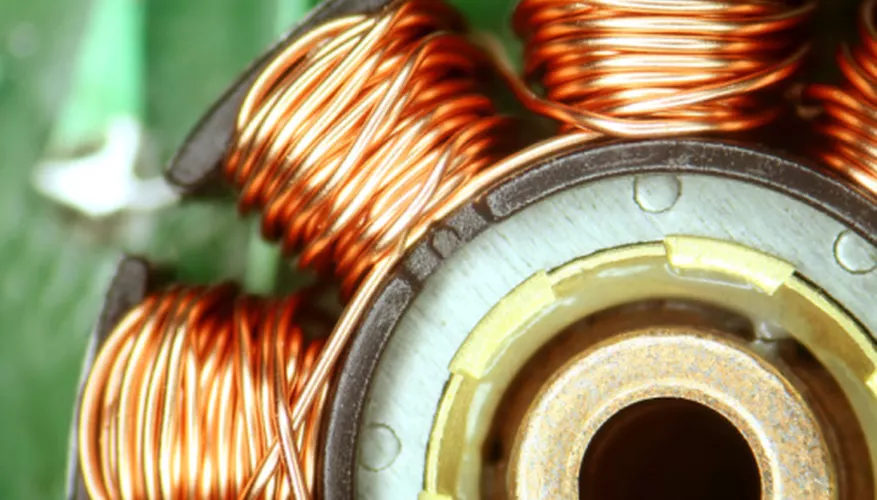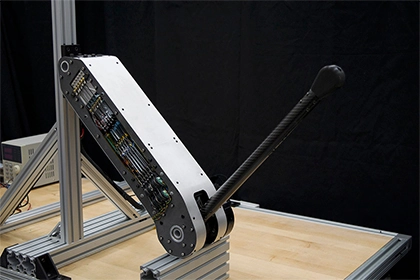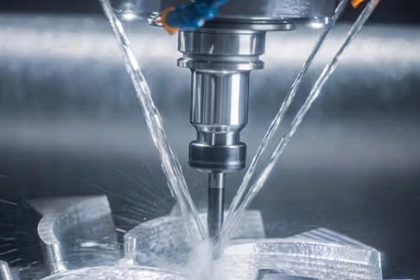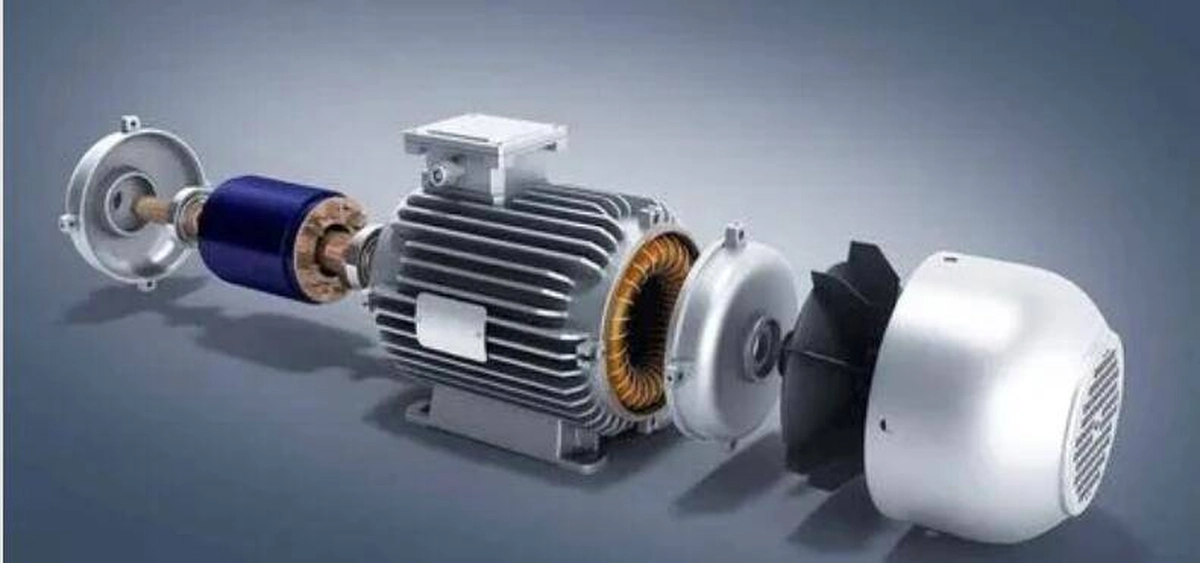- +86 19149417743
- Zhengzhou, Henan Province, China
- Mon-fri: 8am - 7pm
Get a quote

Understanding the compatibility of power supplies with motor types is essential in the design and operation of electrical equipment. We all know that AC motors are designed to run on alternating current, while DC motors are specifically designed for direct current operation. However, some people may also wonder if an AC motor can operate under DC power. In this article, we will explore this topic in depth.
Before discussing this issue, we first need to understand the alternating current motor and how it works. AC motors are the most commonly used type of motors in various applications. They rely on the principles of electromagnetic induction to convert electrical energy into mechanical energy. AC motors are designed to operate on alternating current, where the direction of the current changes periodically. DC motors, on the other hand, are specifically designed to operate on direct current. They utilize the interaction between magnetic fields and electric current to generate rotational motion. Unlike AC motors, which operate on alternating current, DC motors require a continuous flow of direct current to function properly. At a basic level, without considering rectification or inverter technology, AC motors do not operate directly on a DC supply.
AC motors and DC motors have different internal constructions, specifically designed to suit their respective power sources. These differences make it challenging for an AC motor to run on a DC supply without certain modifications.
The primary challenge lies in the fundamental difference between the AC and DC power sources. AC motors are designed to operate on sinusoidal waveforms of alternating current, where the current periodically changes direction. In contrast, a DC supply provides a continuous flow of current in one direction. The mismatch between the power source and the motor's design can lead to various issues.
AC motors rely on alternating current to generate a rotating magnetic field within the motor's stator, which interacts with the rotor to produce rotational motion. When an AC motor is supplied with DC, it fails to generate the necessary rotating magnetic field, resulting in inefficient or erratic motor operation.
Another critical difference between AC and DC motors lies in the commutation process. DC motors utilize a commutator and brushes to switch the direction of current flow in the armature windings, ensuring continuous rotation. AC motors lack this commutation mechanism, further impeding their ability to operate on DC power.
Induction motors work based on the principle of electromagnetic induction. It's the rotating magnetic field of the stator winding that induces current in the rotor. This principle relies on AC power; hence, induction motors are incompatible with DC supply. The use of DC in an induction motor will risk internal heating and potential burnout.
Synchronous motors operate at a speed that is synchronized with the frequency of the AC grid. A DC current would not alternately change direction to create a rotating magnetic field; thus, synchronous motors cannot operate on a DC supply.
While it is impractical to run AC motors on DC supply directly, various innovations and advancements offer a solution - power electronic converters. Such devices can convert DC supply into an AC waveform, making it possible to operate an AC motor on a DC source. These converters are classified into rectifiers and inverters.
To adapt AC motors for operation on DC supply, several modifications are necessary, primarily due to the different ways in which AC and DC motors handle electrical current and generate torque. To run an AC motor on DC supply, the AC power must be converted into DC. This process involves rectification, where an AC-to-DC converter or rectifier is used to convert the alternating current into a continuous flow of direct current. By rectifying the AC power supply, the motor receives a continuous DC current, allowing it to operate.
Additional Modifications:
For AC motors, particularly those that can run on DC, the core and yoke are often made laminated. This design choice is crucial to reduce eddy current losses, whichare more pronounced when an AC motor is run on a DC supply. Eddy currents generate unwanted heating, reducing the motor's efficiency and potentially damaging its components. By using laminated materials, these losses are minimized, allowing the motor to operate more efficiently and safely.
In a DC series motor, the field winding and the armature winding are connected in series, ensuring that any change in current or voltage polarity affects both windings simultaneously. This maintains a unidirectional torque, which is essential for the motor's operation. For AC motors running on DC, similar adjustments ensure that torque production remains consistent and positive, despite the supply type. These adjustments can include changes in the winding's turns and the incorporation of compensating and inter-pole windings.
The integration of modern control technologies, such as Variable Frequency Drives (VFDs), provides additional flexibility for AC motors operating on DC supply. These technologies allow for precise control over the motor's speed and torque, accommodating the nuances of DC operation. By adjusting parameters like the frequency and voltage of the power supplied to the motor, VFDs can mimic the conditions of AC supply, even when the source is DC.
In general, AC motors are not designed to run on DC supply without significant modifications. The fundamental differences between AC and DC power sources, as well as the distinct internal constructions of AC and DC motors, pose challenges in running an AC motor on a DC supply. While it is technically possible to modify an AC motor for DC operation through rectification and additional modifications, the resulting performance, efficiency, and longevity may be compromised compared to using motors specifically designed for DC applications. Therefore, it is generally recommended to use the appropriate motor type for the intended power supply to ensure optimal performance and reliability.
 2024-08-30 16:01:40
Engineering
2024-08-30 16:01:40
Engineering
 2024-07-26 14:09:13
Engineering
2024-07-26 14:09:13
Engineering
 2024-07-18 09:42:00
Engineering
2024-07-18 09:42:00
Engineering